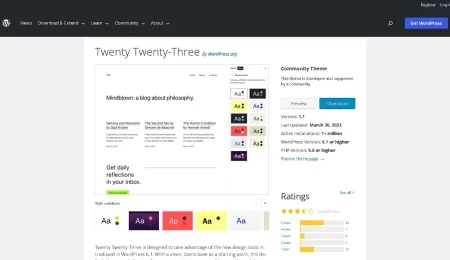Memorize HTML Tags: The Best Practices
Memorize HTML Tags: The Short Answer: Don’t Obsess Over Memorization! While knowing some common HTML tags can be helpful, relying solely on memorization isn’t the most effective approach to learning HTML. Instead, focus on understanding the structure and purpose of HTML elements.
Why Memorization Isn’t Key
- HTML is constantly evolving: New elements and attributes are introduced regularly.
- Reference materials are readily available: Online documentation and code editors often provide suggestions and autocomplete.
- Understanding is more important: Knowing why to use a tag is more valuable than simply remembering its name.
Effective Learning Strategies
- Practice Regularly:
- Build small projects consistently.
- Experiment with different tags and their attributes.
- The more you use tags, the better you’ll remember them.
- Understand the Structure:
- Learn the basic structure of an HTML document:
<!DOCTYPE html>,<html>,<head>,<body>. - Grasp how elements nest within each other.
- Learn the basic structure of an HTML document:
- Focus on Common Tags:
- Concentrate on frequently used tags like
<h1>to<h6>,<p>,<div>,<span>,<img>,<a>,<ul>,<li>, and form elements.
- Concentrate on frequently used tags like
- Learn by Doing:
- Create your own HTML pages from scratch.
- Try to replicate existing websites or designs.
- Hands-on practice is the best way to solidify knowledge.
- Use Online Resources:
- Refer to HTML documentation when needed.
- Explore interactive tutorials and code examples.
- Take advantage of code completion features in your editor.
- Learn Through Projects:
- Work on real-world projects to apply your knowledge in context.
- Break down complex projects into smaller, manageable steps.
- Teach Others:
- Explaining concepts to someone else reinforces your own understanding.
- Create tutorials or blog posts to share your knowledge.
Additional Tips
- Use mnemonic devices: Create memorable associations for complex tags or attributes.
- Organize your knowledge: Create a personal cheat sheet or reference document.
- Join online communities: Participate in forums and discussions to learn from others.
- Embrace HTML5: Learn about the new semantic elements and their benefits.
Remember: HTML is a living language. It’s more important to understand its core concepts and be able to adapt to changes than to memorize every single tag. By focusing on practice, understanding, and problem-solving, you’ll build a strong foundation in HTML.




Leave a Comment